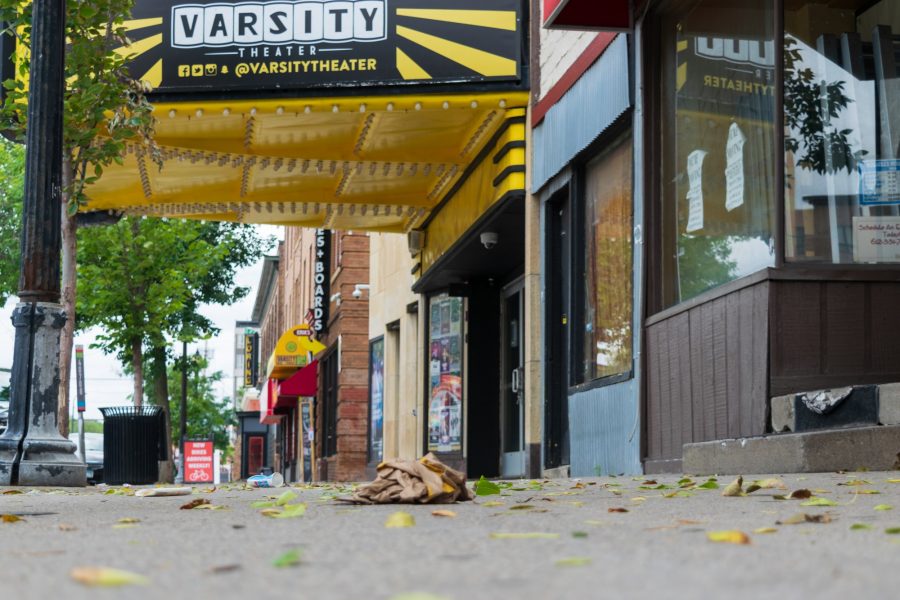As Dinkytown restaurants struggled during a desolate and pandemic-stricken summer, some University members hope their recent initiative will help guide businesses through the coming months.
This summer, nearly 300 University of Minnesota students remotely took part in the Office for Public Engagement’s (OPE) 2020 Summer of EngageMNt, a volunteer-driven initiative to help local businesses and nonprofits. Within the initiative, some students formed a partnership with Dinkytown stakeholders to help restaurants improve communication with the community and abide by new safety regulations.
The result of the summer’s partnership was an extensive research packet outlining suggestions that businesses can use to continue to weather the pandemic. The packet was distributed to Dinkytown businesses and includes step-by-step recommendations spanning topics like reopening, improving promotions, delivery and pickup, outdoor dining, and local health guidelines.
Merrie Benasutti, the internship director and coordinator of community partnerships in OPE, said the goal of the program was to “provide information to businesses on how to attract business” and learn about the varying forms of available government assistance.
Since the COVID-19 outbreak, many University students have experienced cancellations to their plans, including the loss of traditional internships. Students from Humphrey School of Public Affairs, Carlson School of Management, and the College of Liberal Arts “all brought their respective disciplines to the issue,” receiving volunteer hours, course credits, or internship experience, Benasutti said.
Fourth-year student Chris Danner, alongside other student volunteers, looked at how business districts around the country responded to the pandemic, interviewing more than 10 district leaders from places with as few as a hundred people in New York to much larger cities — primarily focusing on university business districts. This helped them create new strategies to bring to Dinkytown.
In June, Danner’s team conducted a survey of Dinkytown businesses, and of the 14 respondents: 86% had closed entirely or partially at one point due to COVID-19, 79% took advantage of at least one funding program and 21% received assistance from the Dinkytown Business Alliance (DBA).
Business consultant and University alum David Feehan, who led the team of students, said he was impressed with how local businesses were able to reinvent themselves in the time of crisis. Feehan noted that one of the greater challenges for Dinkytown restaurants is profiting while more students turn to delivery services like DoorDash.
“It’s good in terms of boosting your volume. However, it cuts into your margins,” Feehan said. “You can’t necessarily charge $25 for a sandwich to cover your costs [to contract with delivery services] and still make a profit.”
The team also found that a lack of efficient communication with the public concerning hours, COVID-19 policies and delivery options were damaging businesses. One student created a “Dinkytown To-Go” link on the DBA website to address some of these topics.
As students return for the start of the fall semester, Danner hopes they will be mindful of how the pandemic has negatively impacted small Dinkytown businesses.
“There are businesses in Dinkytown that remain close to 70% below what they would normally be making in terms of revenue,” Danner said. “Not only do we need to be engaging with businesses in these types of projects, but we also need to be doing what we can to be supporting them when possible.”








